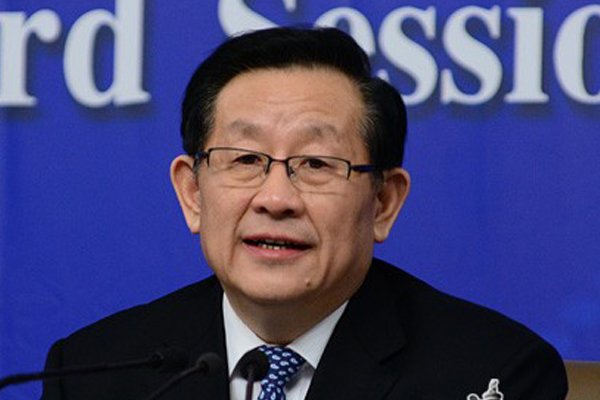News
Elon Musk Is Not The World’s Leading Electric Car Visionary; This Man Is (PHOTOS)
-
News1 week ago
27 Years After : Check Out The Armored Mercedes S-Class Limousine Used By Sani Abacha As Official Car
-
News1 week ago
Moment Ex-governor of Kogi State, Yahaya Bello, Arrived An Event In Armored Rezvani Vengeance SUV
-
News6 days ago
Liverpool Star Diogo Jota Dies After His Lamborghini Swerved Of The Road, Bursts Into Flames
-
News1 week ago
Content Creator, ‘Egungun Of Lagos’, Acquires Mercedes-Benz G-Class-based Brabus G800 Worth N750 Million
-
News1 week ago
Yahaya Bello’s Armored Rezvani Vengeance, Abacha’s Mercedes S-Class, Burna Boy’s McLaren, Victor Osimhen Buys Rolls-Royce Cullinan, Nigerian News In June
-
News1 week ago
US-based Nigerian Paid N461 Million For A 10-Minutes Trip To Space Aboard Jeff Bezos’ Blue Origin’s New Shepard
-
News1 week ago
$30 Million Rolls-Royce Droptail ‘La Rose Noire’ Seen Driving On The Streets Of London
-
Latest Cars1 week ago
Lamborghini Looks Back At Its Iconic Few-offs, Including The Reventón, Sesto Elemento And Sián FKP 37
